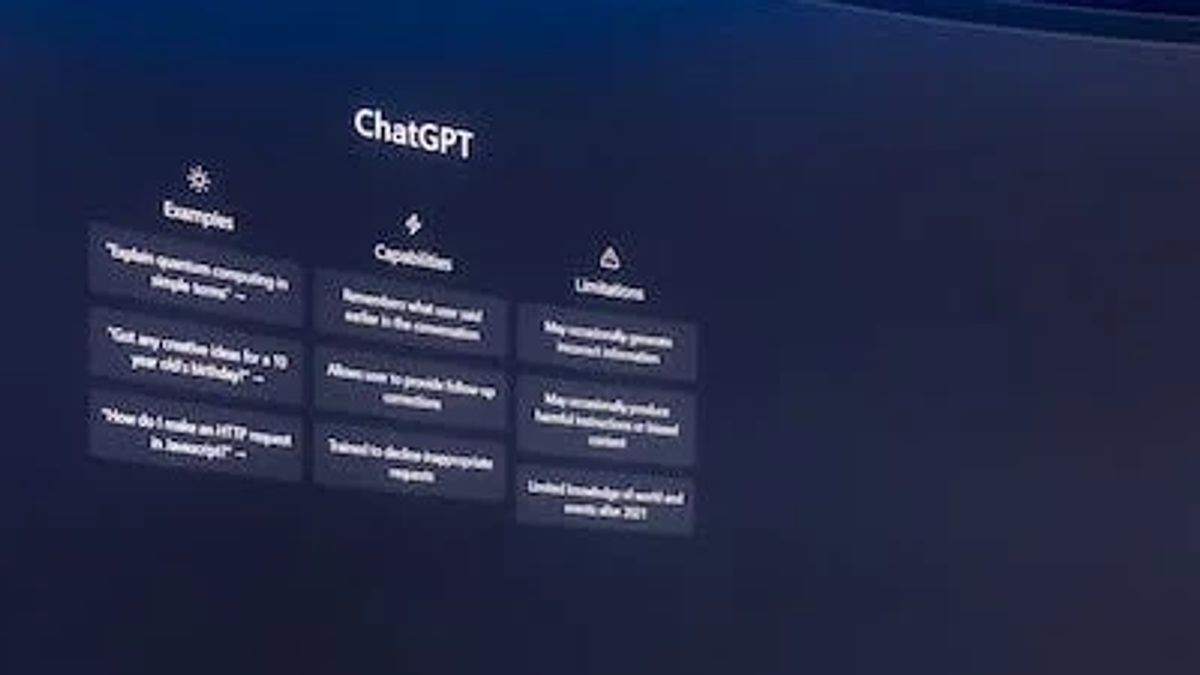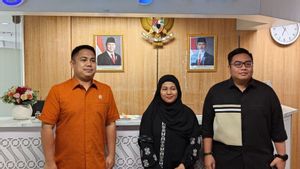JAKARTA - OpenAI reportedly lobbied so that the EU Law would not burden its companies and undermine proposed Artificial Intelligence (AI) rules.
In a company document obtained by Time from the European Commission through a request for freedom of information, it shows what OpenAI CEO Sam Altman wants on the AI regulations he submitted in 2022, before being approved by the EU parliament on June 14.
The document, entitled "OpenAI's White Book on EU Artificial Intelligence Act", says the company wants to change various rules that will weaken its scope.
Prior to approval, EU lawmakers debated the expansion of provisions in the AI Law to establish all public purpose AI systems (GPAI) such as OpenAI's ChatGPT and AI DALL-E art generators as high-risk systems.
However, OpenAI did not approve the draft and asked for easing in its rules. According to the European Commission, high risk means that the system can endanger health, safety, fundamental rights, or the human environment.
Exemplified, influencing voters in political campaigns and in the recommendation-giving system used by social media platforms. This high-risk AI system will comply with legal requirements related to human supervision and transparency.
But in the White Book, OpenAI explains that GPT-3 is not a high-risk system, it's just that it has capabilities that can potentially be used in high-risk use cases.
The company also refuses to classify ChatGPT and DALL-E as high risk. Now, some of the changes suggested by OpenAI are finally included in the EU Law.
"Since then, (AI Act) has evolved substantially and we have spoken openly about the capabilities and adoption of advanced technologies," an OpenAI spokesperson told Time.
"We continue to engage with policymakers and support EU goals to ensure AI tools are made, implemented, and used safely now and in the future," he added.
For information, Altman previously threatened to pull OpenAI out of the EU because the AI Law was too stingy for his company. Since it has been changed, it looks like he canceled the plan.
Apart from OpenAI, other technology giants such as Google and Microsoft are also lobbying the EU to reduce the impact of the AI Law on companies building GPAI. This was quoted from The Verge and Mashable, Wednesday, June 21.
The English, Chinese, Japanese, Arabic, and French versions are automatically generated by the AI. So there may still be inaccuracies in translating, please always see Indonesian as our main language. (system supported by DigitalSiber.id)









